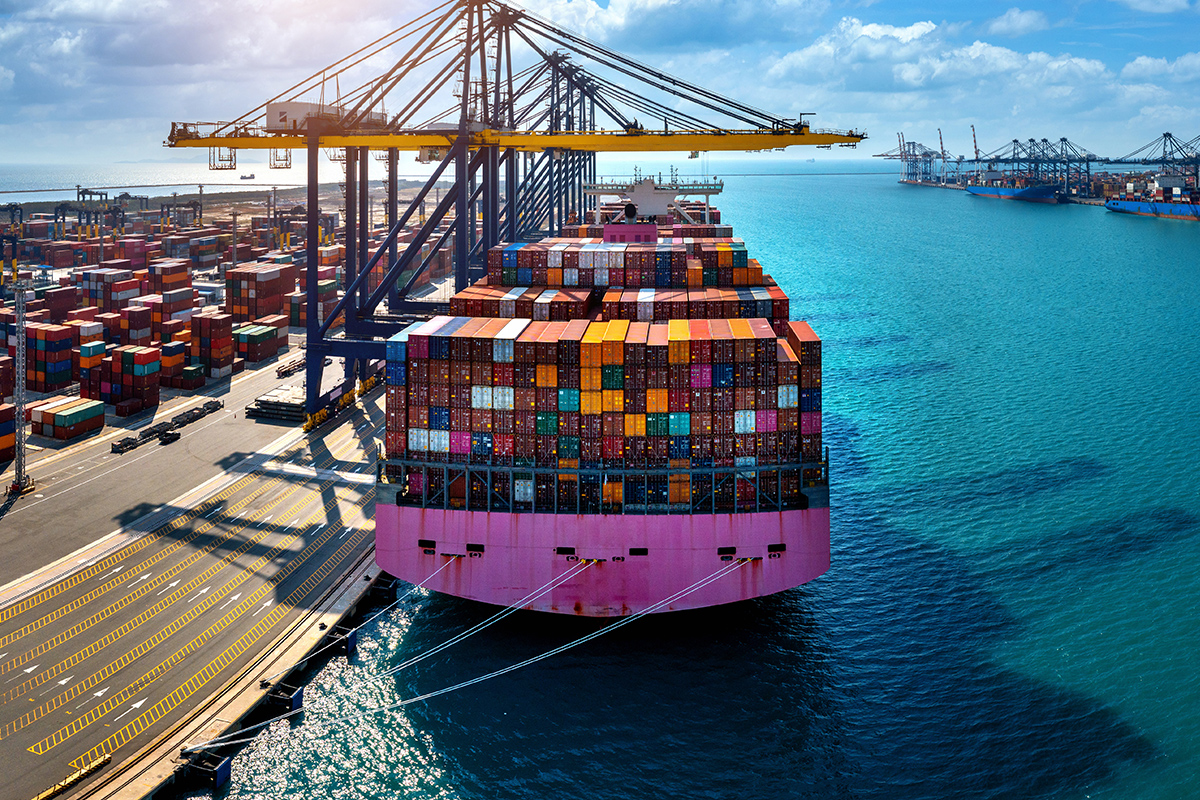Scaling export and import in 2023
When it comes to building a scalable business model, there are many factors that you need to consider. If you're going to expand overseas, for example, it's important that you have a clear understanding of what type of international expansion will work best for your business.
Building a scalable business model is an important part of any company's growth trajectory, but where you decide to expand next can have a significant effect on the overall success of your expansion efforts.
Scaling a business can be a daunting prospect, but it’s an essential component of any company’s growth trajectory. Whether you’re looking to expand in your current market or enter new territories—or both—it’s important to choose the right platform for your expansion efforts.
The first step is understanding why you want to scale and what your goals are. Are you looking at export markets because they offer better price points or quality control than local manufacturers? Or do you see them as a way of diversifying revenue streams or developing new products? If you aren't sure where to start, consider how other businesses have fared in similar circumstances.
For example:
- When it's time for your startup to scale overseas, there are several factors that you need to consider first.
- When it's time for your startup to scale overseas, there are several factors that you need to consider first. Consider the local market and competition—are there other similar companies in the area? Are their products better than yours?
- Local laws and regulations: Is your technology compliant with foreign law? If so, how will this affect pricing or product features?
- Your company's culture and values: What do they stand for? How will they be perceived in a new market where they may not be as familiar as in home markets?
- It's important that you have a clear understanding of what type of international expansion will work best for your business.
It's important that you have a clear understanding of what type of international expansion will work best for your business. Some companies choose to expand internationally based on economic and market factors, while others are drawn to more culturally-based opportunities. Financial considerations should always be taken into account before making a long-term decision like this, but it's also important not to neglect cultural concerns as well.
A company with an established brand name may want to consider opening their first international location in one of their target markets (e.g., Canada). If a company has already made inroads through marketing and advertising campaigns, then it might make sense for them to expand into another country where they already have some familiarity with local consumers' tastes. On the other hand, if you're just looking for new customers who speak another language and enjoy eating different foods than your home country has access too – then maybe going somewhere else entirely would make more sense.
While there are plenty of things that go into making this decision - from political climates all over the world now being relatively friendly towards businesses (but still keeping an eye out due large populations), technological advancements helping facilitate communication between countries quickly - there are still many cultural barriers which may prevent effective communication between consumers or suppliers located abroad without having someone travel back-and-forth regularly between locations every time something needs updating/changing.
In order to successfully grow and scale internationally, it's important that businesses understand how their target market works. If you want to expand into a new market, there are a number of factors at play—all of which need careful consideration.
Here are some best practices for establishing your global footprint:
- Understand the market you're targeting. Researching cultural norms and consumer behavior will help you find the right partners, as well as avoid entering countries where they don't make sense. For example, if you're selling clothing online in Japan (a country with high internet penetration) but only selling through Alibaba (a Chinese marketplace), you may run into trouble; this could lead to fewer sales than expected or even lost orders due to miscommunication between yourself and potential customers.
- Do your research on legal requirements for doing business in each country before signing any contracts with local partners or suppliers there; this will help ensure compliance with all relevant laws.* Make sure that all members of your team have access to translations when communicating with those outside English-speaking regions.* Be aware of cultural differences between countries where English isn't widely spoken.






